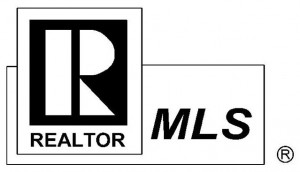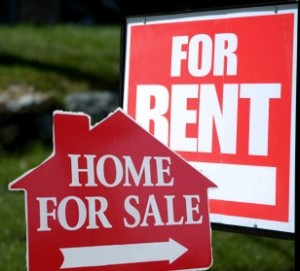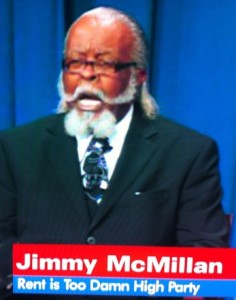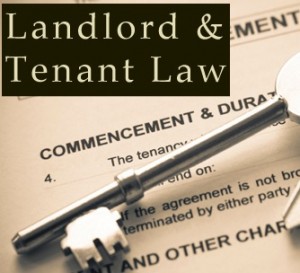Well, you bought a house and fixed it. Time to flip.
So….are you going to list with an agent or sell it yourself?
There are lots of advantages to using a local Realtor:
- Access to MLS
- Someone to screen buyer calls
- Someone to show the house
- Someone to handle offers, contracts and closing
- Someone with knowledge of fair housing laws
- Someone to give you unbiased advice and support
The biggest disadvantage is you have to pay a commission– and that is a REAL disadvantage. Remember you pay the commission based on the selling price… not your profit. If you bought a house for $70k, put $15k into rehab and plan on selling for $100k, after closing costs you and your realtors might make about the same amount… even though you were the one taking all that risk.
So how can we make sure we are picking the best Realtor?
1. Look for top “selling” agents, not listing agents
Listing agents list. Selling agents sell. When you hire an agent with a bunch of listings, you are hiring someone who does a good job working with sellers. But a good selling agent has a list of qualified buyers… and helps those buyers put houses under contract. If all your agent does is list the house on MLS, you have not received the most bang for your buck.
2. Buyers agents know a good deal when they see it
A selling agent (also called a Buyers Agent) is the one dragging buyers around to all the properties in the area. When they see your top-of-the-line flip, with a well done rehab, they know it. They know to show your house to their qualified buyers first… and they help convince those buyers to put in a top-dollar offer.
3. Buyers agents have good prequalified buyers
An experienced selling agent knows not to waste time with unqualified buyers. So the good ones will have their buyers get loan approval (and all the required loan documentation) before they start showing houses. By working with an experienced buyer’s agent, you eliminate most of the offers from people who will never be able to get through the loan process.
4. Give the top selling agents a 3-day preview
Even if you’ve listed with a specific realtor, compile a list of the Top 10 selling agents in the neighborhood where your flip house is located. Give them a call as you are finishing your rehab, and let them know the house is about to go on the market. Let them see the house before it hits the market, and make sure they know you are giving them a preview because they are a top producer. This gets the agents most likely to sell your house a head start on identifying the perfect buyer… which gives you a head start on a contract.
5. Offer top selling agents a 4-5% commission
 If your listing agent says something like “we take a 6% commission and split it evenly with the selling agent”, offer a better incentive. Offer an extra 1-2% to the selling side if they bring a contract that closes within 30 days of the initial listing. This gives agents an incentive to move quickly on your house, and the extra commission is well worth the quick contract.
If your listing agent says something like “we take a 6% commission and split it evenly with the selling agent”, offer a better incentive. Offer an extra 1-2% to the selling side if they bring a contract that closes within 30 days of the initial listing. This gives agents an incentive to move quickly on your house, and the extra commission is well worth the quick contract.
6. Avoid part time or inexperienced agents
Everybody has to start somewhere. But not on your house. And while there are some great part time agents, you have to wonder about anybody not committed 100% to their day job, right? The top selling agents are not new to the game and they are not part time. I would not consider listing with someone who hasn’t brought at least 25 buyers to the table in the past year, nor would I look to someone with less than 5 years in the real estate game.
7. So how do I find the top selling agents?
First, run an MLS search for the neighborhood where you are trying to sell a home. Look at the selling agent on all the close by homes in the past year. Likely, you will see the 80/20 rule applies… 80% of the sales in a particular area will come from 20% of the agents. Those are your agents for that area.
If you don’t have MLS access (a bit of a chicken and egg problem), ask loan officers, title companies, listing agents or investors at your local REIA who sells the most houses in your particular area. They will know.
So what Keys do you follow in picking the perfect real estate agent to sell your flip homes? Please let us know in the COMMENTS below! Thanks!
Please share this post!






